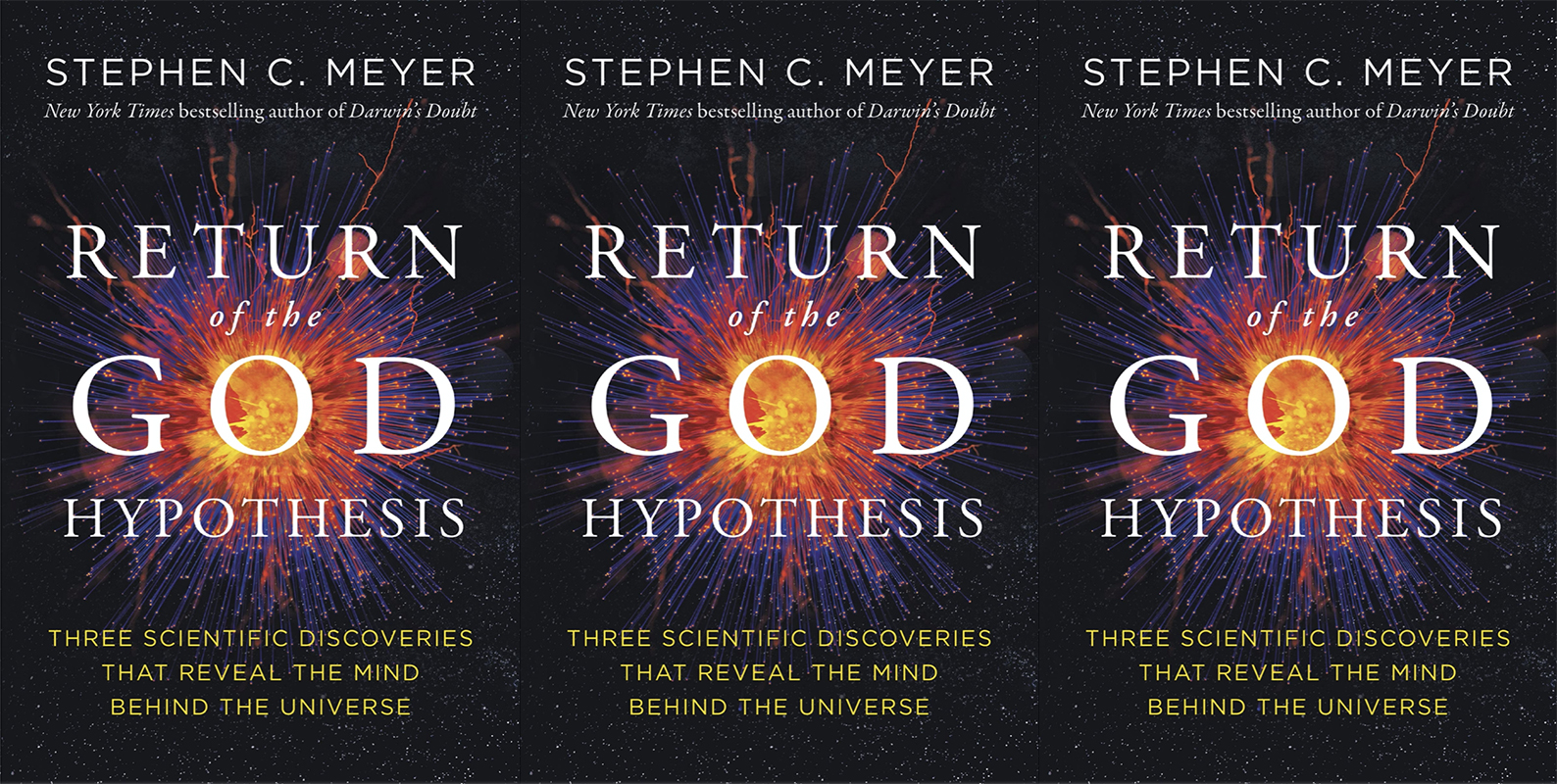Kerby Anderson
Three scientific discoveries point to the existence of God. Dr. Stephen Meyer makes that claim in his book, Return of the God Hypothesis. A week ago, he was on my radio program to make the case for God.
Arguments for the existence of God were compelling but began to be challenged in the 19th century. For example, we had Darwin telling us where we came from. Marx, with a secular eschatology, was telling us where we are going. And Freud had an account of what to do with the human condition.
“By the end of the 19th century, you had this materialistic worldview that answered all the basic questions that Judeo-Christian religion had always answered.” Meyer explains that there have been major cosmological and biological discoveries in the 20th century that are bringing back the features of the God hypothesis.
The first significant discovery is that the physical universe had a beginning. Scientific materialists assumed that the material universe was eternal and thus self-existent, but now most accept the idea that the universe began with an initial Big Bang.
Second, physicists also discovered that we live in a “Goldilocks universe.” Scientists are finding fundamental physical laws and parameters of our universe that have been finely tuned, against all odds, to make our universe capable of hosting life.
Third, discoveries in molecular biology have revealed the presence of a digital code at the foundation of life. This suggests a master programmer behind the genetic structure of DNA.
The book also devotes an entire section to “conjectures and refutations.” Is there a rational response to the idea proposed by skeptics of multiple universes? What about Stephen Hawking and quantum cosmology?
The God hypothesis is back, in large part because of the remarkable advances in science in this last century.
 Listen Online
Listen Online Watch Online
Watch Online Find a Station in Your Area
Find a Station in Your Area











 Listen Now
Listen Now Watch Online
Watch Online
